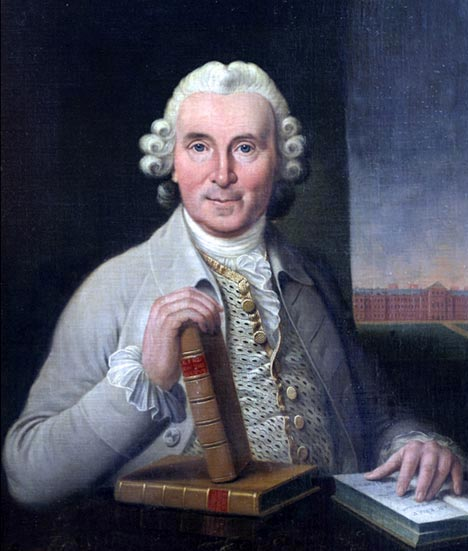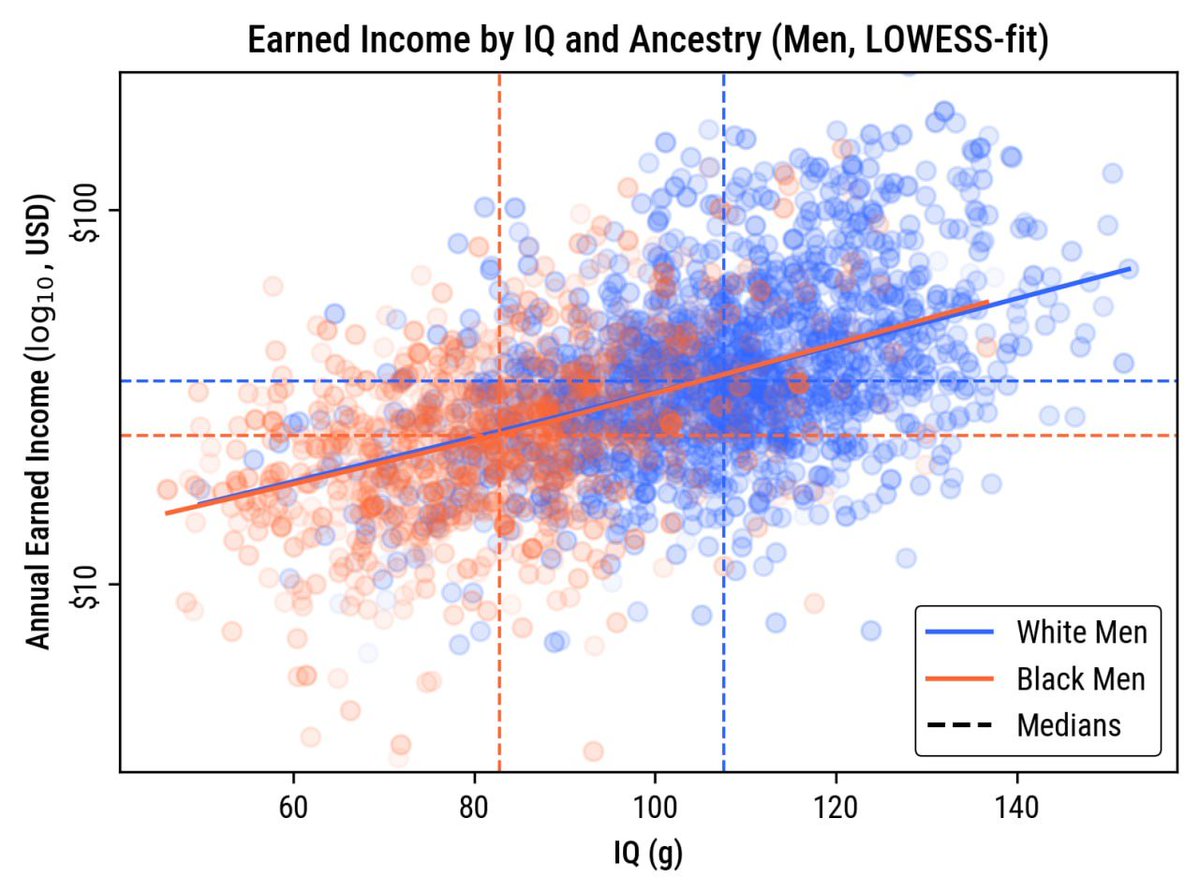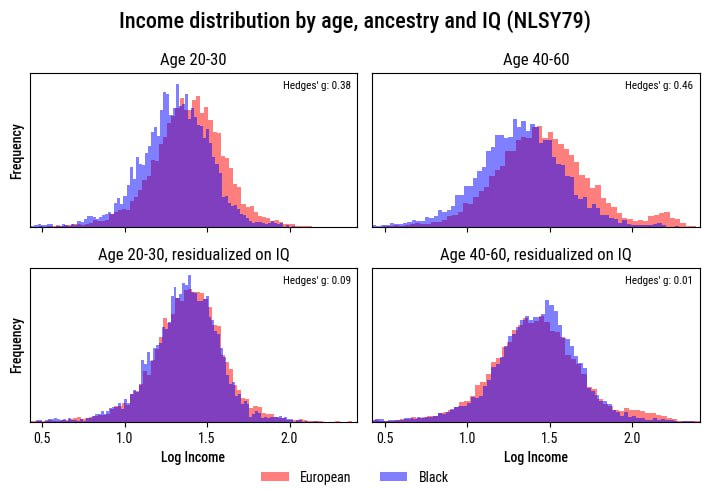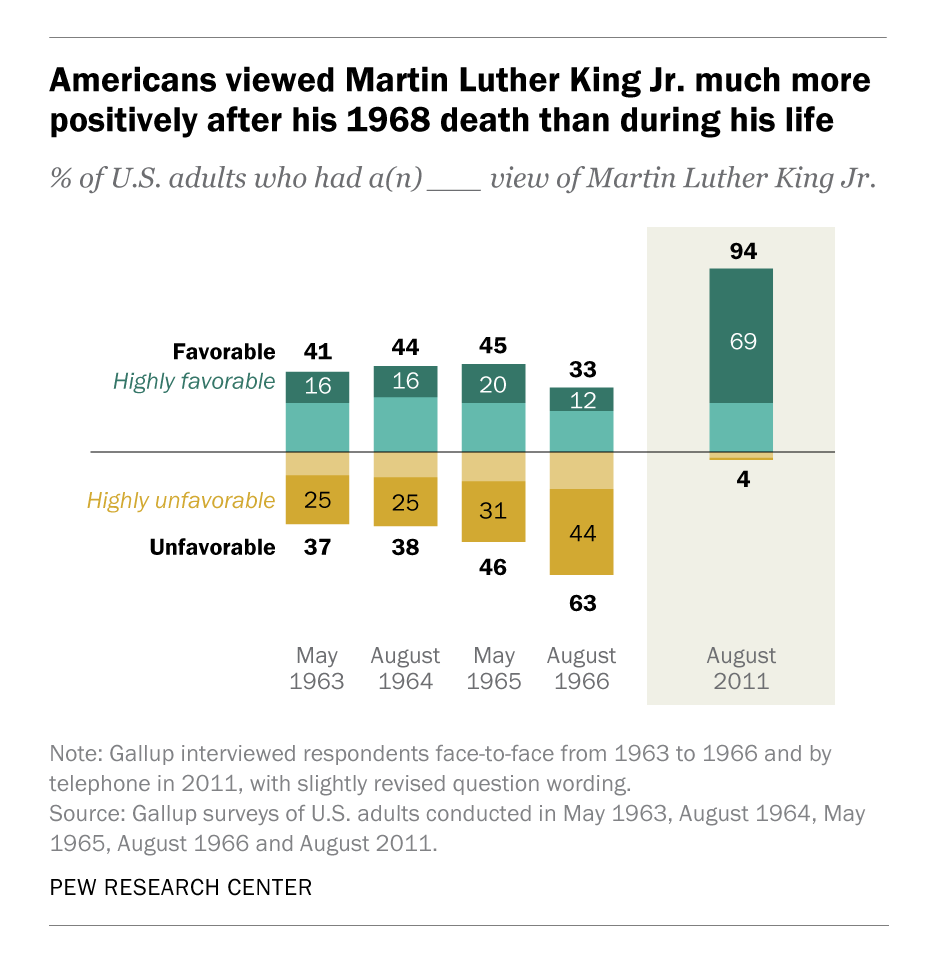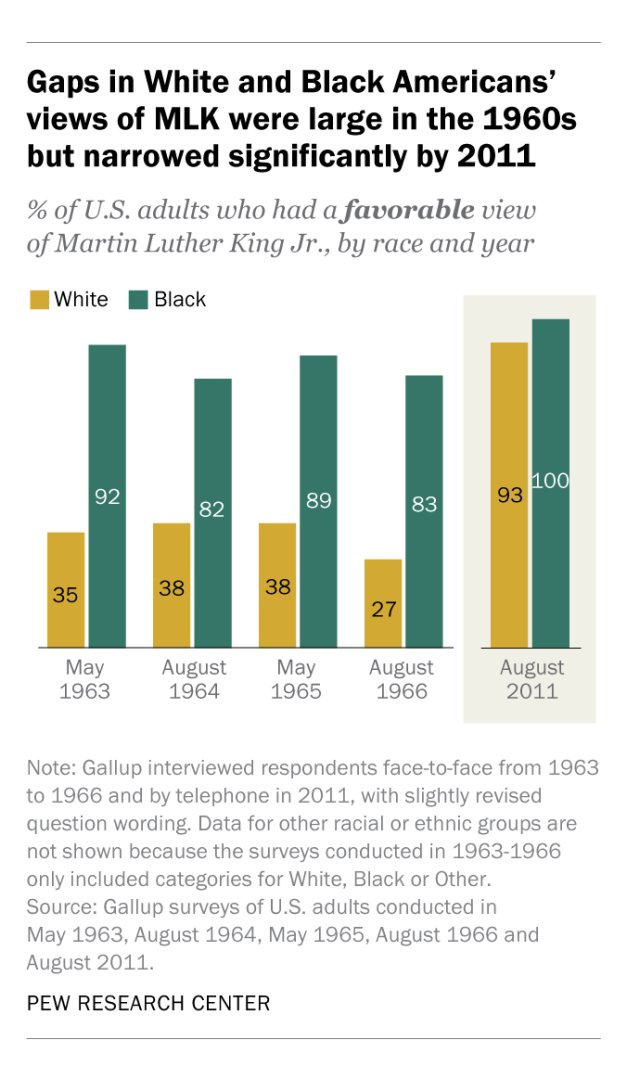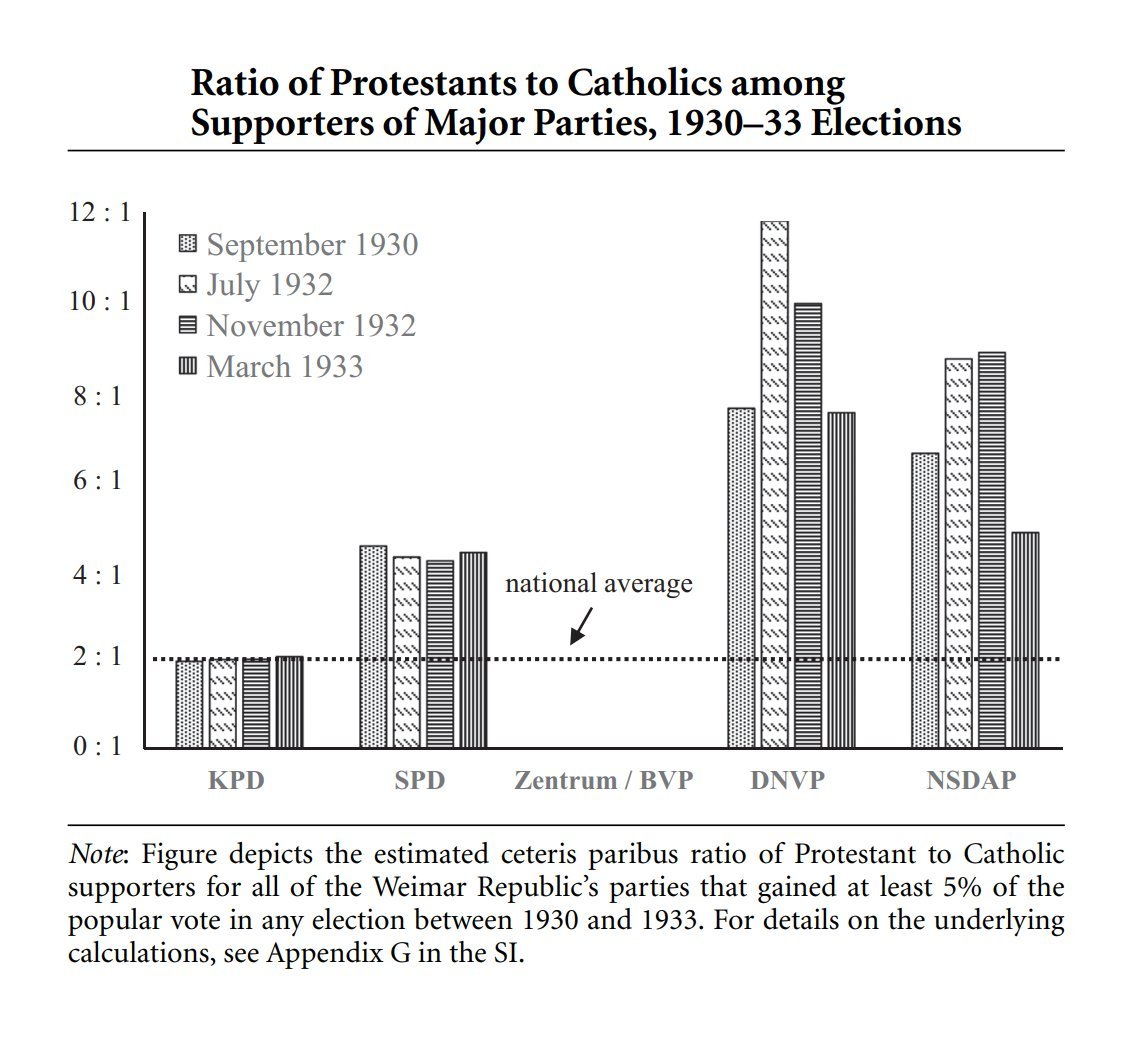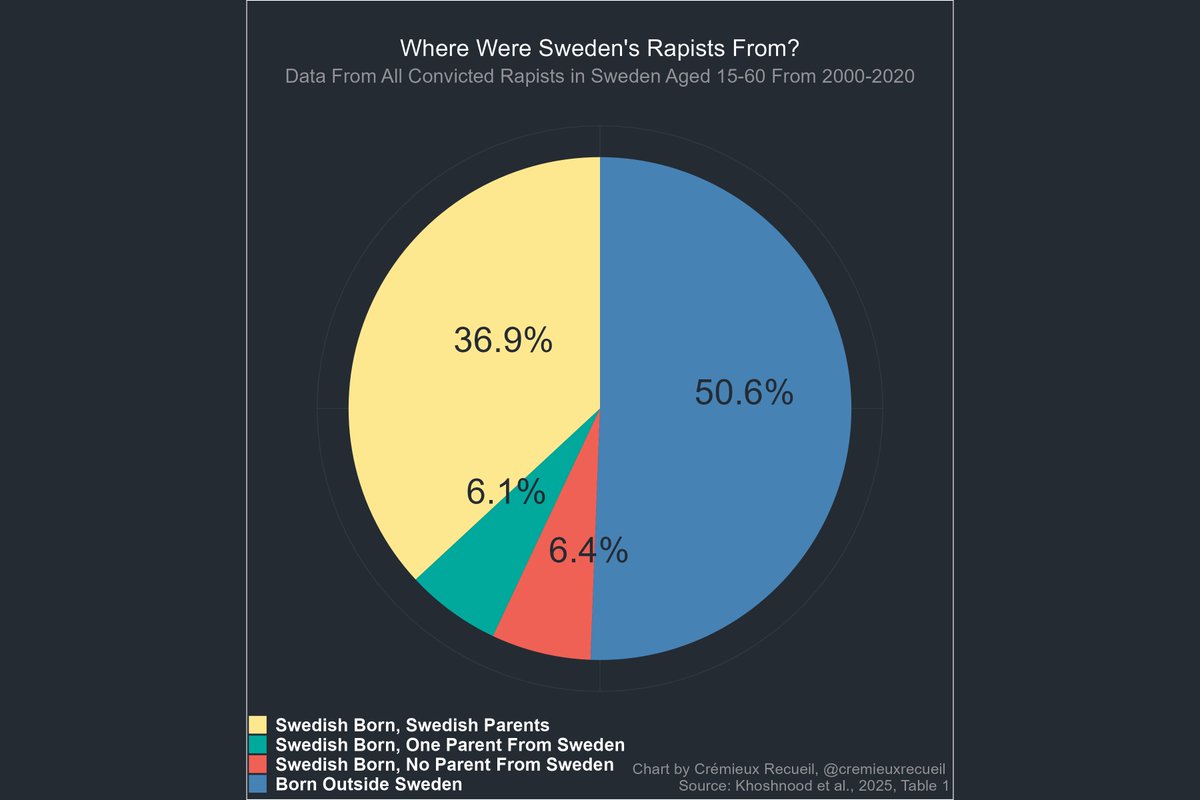2024 is the hottest year on record, and it's been hotter than 2023 in part because of a global ban on shipping fuels containing sulfur dioxide.
Problem: SO2 causes acid rain, but it cools the globe. How can we just stay cool?
A new company might have found the solution.
🧵
Problem: SO2 causes acid rain, but it cools the globe. How can we just stay cool?
A new company might have found the solution.
🧵

Acid rain has been on the decline for many years, but in order to finally put the problem to rest, it'll be crucial to knock out sulfur dioxide emissions from shipping.
Globally, those emissions have been concentrated in these boxed-in regions where ships go to-and-fro.
Globally, those emissions have been concentrated in these boxed-in regions where ships go to-and-fro.

When the International Maritime Organization 2020 regulation went into effect, roughly 80% of sulfur dioxide emissions from international shipping went away overnight. 

If those sulfur emissions weren't stopped, sulfate aerosols would have acted to change the Earth's energy balance, cooling it down.
Think of this like sunscreen for the planet.
Think of this like sunscreen for the planet.

Because shipping-related emissions were spread out over so wide an area, their cooling effect was pretty sizable despite being only a fraction of global sulfur emissions. 

The resulting rise in global temperatures when these went away inspired @ASong408 to think:
How can we keep the cooling while doing without the acid rain?
Watch this video.
How can we keep the cooling while doing without the acid rain?
Watch this video.
What you just witnessed was a balloon containing sulfur dioxide.
You just witnessed a stratospheric aerosol injection, AKA, a controlled sulfur release in the stratosphere.
This part is critical: the stratosphere.
You just witnessed a stratospheric aerosol injection, AKA, a controlled sulfur release in the stratosphere.
This part is critical: the stratosphere.

The reason the stratosphere is so critical is that, if you release sulfur dioxide up there, it distributes widely and makes minimal acid rain.
There's no weather that far up, so there's nothing to bring it back down right away!
There's no weather that far up, so there's nothing to bring it back down right away!
Because there's nothing to bring the sulfur dioxide (+/as byproducts) back down from so far up, you can also consider this "sunscreen" extra long-lasting.
In other words, stratospherically-injected sulfur dioxide has a long "residence time."
In other words, stratospherically-injected sulfur dioxide has a long "residence time."
The residence time isn't forever, it's a few years.
So in order to ensure the world doesn't face an acid rain problem, the release has to be done in controlled amounts.
Luckily, modest amounts meet our goals: they cool Earth, stabilize her climate, and produce minimal acid rain
So in order to ensure the world doesn't face an acid rain problem, the release has to be done in controlled amounts.
Luckily, modest amounts meet our goals: they cool Earth, stabilize her climate, and produce minimal acid rain
The reason this works so well is that, when the sulfur is distributed so high up, it does better at cooling.
Accordingly, we can continue to fight sulfur dioxide emissions on the ground while moving smaller amounts into the stratosphere to keep our planet cool.
Accordingly, we can continue to fight sulfur dioxide emissions on the ground while moving smaller amounts into the stratosphere to keep our planet cool.

That's what @ASong408's company does, and, man does it work.
To hammer in just how well it works, check out these calculations:
To hammer in just how well it works, check out these calculations:

If you want to learn more, you can go check out Andrew's guest post on my blog. There's a lot more info there, so I thoroughly recommend you give it a read.
Link: cremieux.xyz/p/from-polluti…
Link: cremieux.xyz/p/from-polluti…
And if you're already sold and you want to start launching sulfur dioxide into the stratosphere to make the planet cooler, here's a link so you can do that too:
(One balloon = 38,636 trees worth of carbon offset.)makesunsets.com/products/join-…
(One balloon = 38,636 trees worth of carbon offset.)makesunsets.com/products/join-…
Other sources:
(Note: I have no financial interest in this. I just want a cooler planet and I'm a true believer.) climatereanalyzer.org/clim/t2_daily/…
reddit.com/r/environmenta…
carbonbrief.org/analysis-how-l…

(Note: I have no financial interest in this. I just want a cooler planet and I'm a true believer.) climatereanalyzer.org/clim/t2_daily/…
reddit.com/r/environmenta…
carbonbrief.org/analysis-how-l…

• • •
Missing some Tweet in this thread? You can try to
force a refresh




